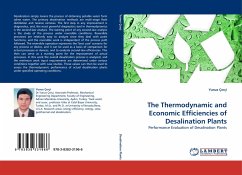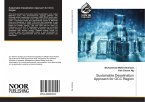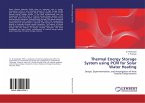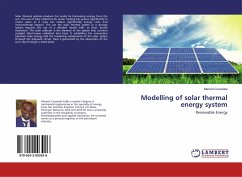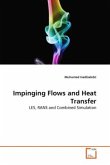Many arid and semi-arid countries such as the Kingdom of Saudi Arabia face shortages of potable water available from natural sources. The limited water resources and the need to balance economic and social development resulted in the emergence of an imbalance between them. Seawater desalination accordingly represents a viable solution to the problem. In this Study, an experimental Setup of HDH solar desalination system was carried out in order to convert the seawater into sweet water. The system consists of nine solar air heaters, a humidifier, a condenser and two water tanks. The system was tested for different experimental operating conditions. A comparison between the experimental and theoretical results of the condenser productivity is made where a close agreement was reported. Thermal design of two types of heat exchangers (as condensers) was performed, namely a plate fin tube heat exchanger and a shell and tube heat exchanger. Results were compared to the condenser of the experimental setup as well as a condenser designed by a vender.


